Gertrude was born in Mannheim, Germany, during a time of great hardship and turmoil. She studied at the University of Munich, then earned her PhD at the University of Berlin in 1935. However, as a Jew living in Nazi Germany at the time, she had to flee for her life. She went to London, England, and then to the United States, where her career flourished. During this time, she met and married physicist Maurice Goldhaber before moving to Illinois, USA. Due to state laws at the time, she was not allowed to hold any official position in her husband's laboratory and was forced to work as an unpaid assistant. Despite the hardships, she never gave up her love of science .
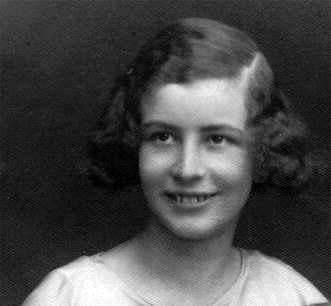
Gertrude as a young girl
One of Gertrude's most important achievements was the discovery that spontaneous fission releases neutrons. This was a major discovery, pivotal to the development of nuclear reactors and both energy production and nuclear weapons research. However, due to wartime secrecy, her work was not published until after the war ended in 1946. After the war, Gertrude and Maurice Goldhaber moved from Illinois to Long Island, where they both joined the staff of Brookhaven National Laboratory. Despite the discrimination caused by gender norms of the time, her own research was still remarkable. At the Laboratory, she established a monthly lecture series called the Brookhaven Lecture Series , which aims to familiarize participants with new discoveries and ideas, not only in their own field but also in other important scientific areas, and to raise their awareness of the Laboratory's goals and potential. This lecture series continues to this day.
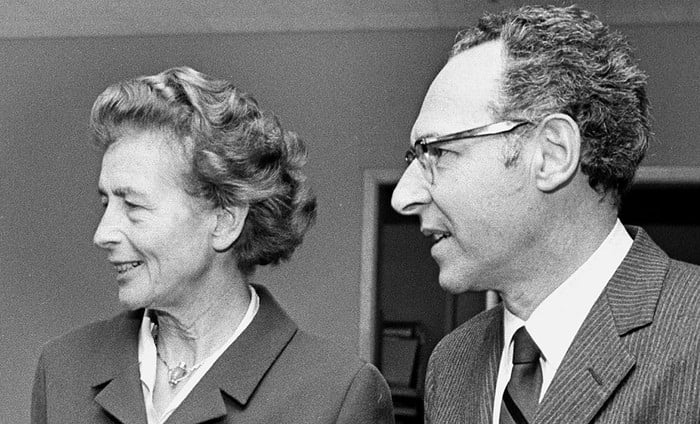
Gertrude and Maurice Goldhaber
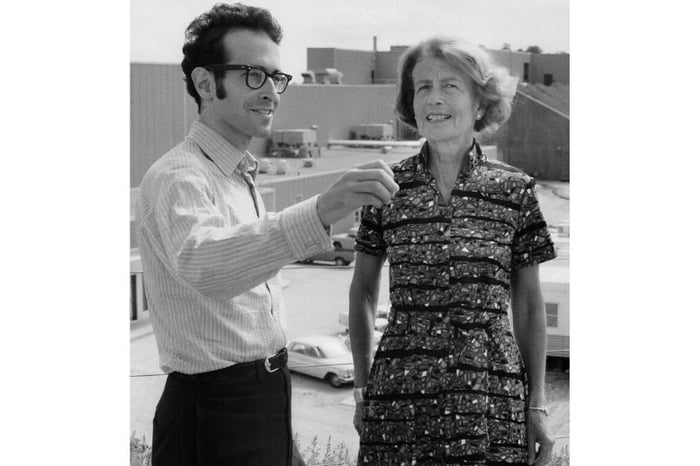
Gertrude with her son Alfred Scharff Goldhaber, also a physicist
In 1972, Gertrude Scharff Goldhaber was elected to the United States National Academy of Sciences. Throughout her career, she was dedicated to mentoring young scientists and promoting equal access to education and research. She died in 1998, but her lessons and discoveries for the world of science live on.
Source: https://phunuvietnam.vn/nguoi-vuot-rao-vat-ly-thoi-chien-tranh-2025071414075014.htm










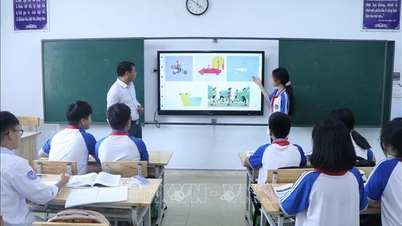





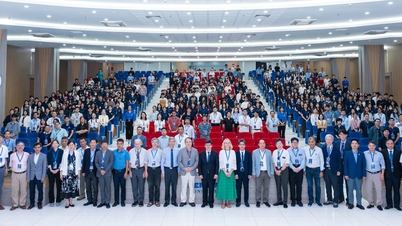
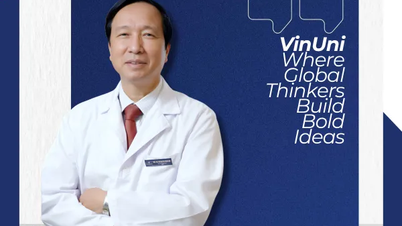






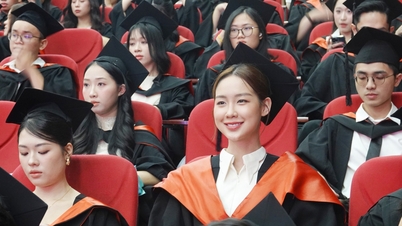
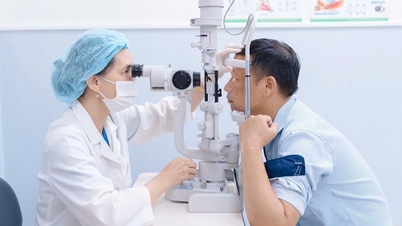







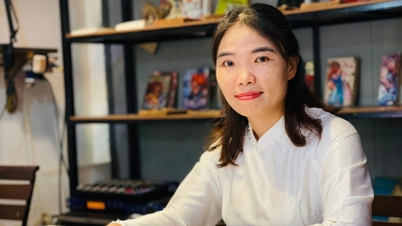

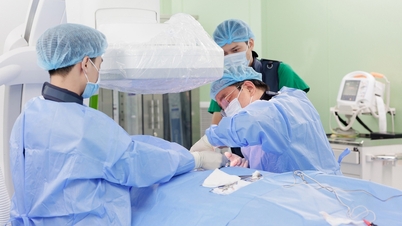
















































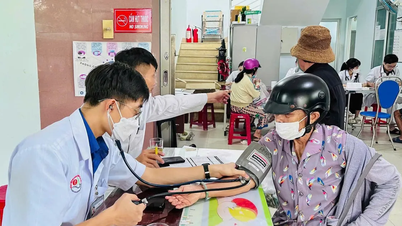


















Comment (0)